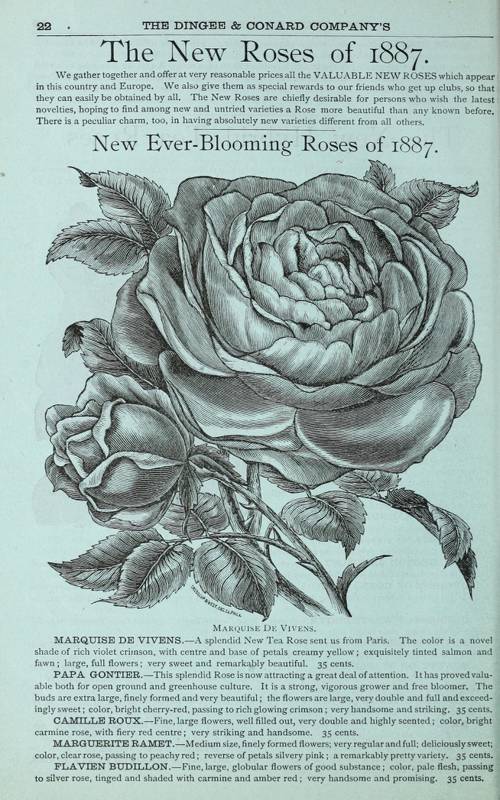
FAQ About The Role of Scent in Cultural Identity and Heritage

What is the significance of scent in cultural identity?
Scent plays a crucial role in cultural identity by acting as a powerful trigger of memory and emotion, often tied to traditional practices, rituals, and everyday life. Different cultures use scent to symbolize concepts, celebrate events, and mark transitions, which helps to preserve cultural heritage and convey it to future generations.

How do traditional practices incorporate scent in cultural rituals?
Traditional practices incorporate scent in cultural rituals through the use of specific herbs, incense, and perfumes that hold particular meanings. For instance, many cultures burn incense during religious ceremonies to purify the space and invite positive energies. These scents can evoke spiritual presence and are deeply embedded in the cultural fabric.

How does scent influence contemporary cultural practices?
In contemporary cultural practices, scent continues to play a role in rituals, celebrations, and daily life. Modern uses include aromatherapy, scented products for homes, and perfumes that reflect cultural themes or values. Scent can influence mood and ambiance, thus enhancing cultural experiences in both personal and communal settings.

Can scent be used to preserve cultural heritage?
Yes, scent can be used to preserve cultural heritage by capturing and replicating traditional aromas associated with specific cultural environments. This can involve recreating scents that define historical places, events, or daily life activities, helping to keep the history and essence of a culture alive for future generations.

What are some examples of culturally significant scents?
Culturally significant scents vary across the world. For example, sandalwood is widely used in Indian religious ceremonies, while the distinct smell of olive oil has deep roots in the Mediterranean culture. Each of these scents carries historical importance and connections to cultural stories and traditions.

How does scent contribute to the identity of a place?
Scent contributes to the identity of a place by providing sensory cues that are unique to that environment. Cities or regions can be recognized by their particular blend of aromas, be it the earthy smell of rainforests, the salty air of coastal areas, or the specific scents emanating from food markets, thus forming a part of the cultural landscape.

What is the role of scent in personal cultural identity?
In personal cultural identity, scent acts as a marker of familiar and familial ties. Individuals often associate specific scents with family rituals, traditional foods, or local flora, reinforcing their connection to their heritage. Scent memories can trigger a sense of belonging and continuity within a cultural context.

How are scents used in cultural storytelling?
Scents are used in cultural storytelling by evoking certain emotions and memories connected to stories passed down through generations. Scents like lavender, frankincense, or patchouli might be employed to recreate the atmosphere of traditional folktales or historical narratives, enriching the storytelling experience.

What is the effect of globalization on culturally significant scents?
Globalization has both spread and diluted culturally significant scents. While it allows for the wider distribution of traditional scents, it also risks commodifying them, stripping the scents of their deep cultural meanings. Hybrid scents and cross-cultural exchanges can blend aromas, leading to new interpretations of traditional scents.

Can scent memory influence cultural identity?
Scent memory significantly influences cultural identity as it serves as a powerful tool to connect individuals with their cultural past. Certain smells can evoke memories of events, places, or people, reinforcing cultural ties and grounding identity in sensory experience.

How do cultural values impact the perception of scents?
Cultural values heavily impact the perception of scents, as different societies might attribute various meanings or values to the same aroma. For instance, while some cultures might find the scent of incense soothing and spiritual, others might associate it with formal settings like funerals or churches.

Is scent an effective tool for promoting cultural tourism?
Scent is an effective tool for promoting cultural tourism because it offers an immersive experience that engages the senses. Tourists can better understand and appreciate a culture by experiencing the distinct smells that define its environment, traditions, and cuisine, making visits more enriching and memorable.

What role does scent play in indigenous cultures?
In indigenous cultures, scent plays a profound role, often integral to spiritual practices, healing rituals, and daily life. Indigenous communities use natural elements like plants and flowers in ceremonies to connect with ancestors, the environment, and the spiritual world, highlighting the significance of scent in maintaining cultural integrity.

How does scent affect cultural assimilation?
Scent can affect cultural assimilation by either blending traditional scents from a person's culture with those of the new environment or by maintaining the original aromas to preserve cultural identity. Scent serves as a bridge or barrier, impacting how individuals adapt to and integrate into new cultural settings.

Are there any misconceptions about scent and cultural identity?
A common misconception about scent and cultural identity is that smells are universally interpreted. In reality, the cultural context heavily influences how a scent is perceived and valued, and understanding these nuances is crucial in appreciating a culture's unique aromatic heritage.

How do different cultures celebrate festivals with scent?
Different cultures celebrate festivals with scent by utilizing specific aromas that enhance the festive atmosphere. For example, orange blossoms are used during Easter celebrations in Sicily, while India celebrates the festival of Holi with an abundance of floral fragrances. Scent plays a role in setting the mood and reinforcing the festive spirit.

Can scents preserve linguistic heritage?
Scents can indirectly preserve linguistic heritage by being associated with certain traditional words, phrases, or songs. This association helps recall and maintain language as part of daily exchanges, ensuring that words tied to sensory experiences remain alive within the culture.

What is the impact of losing culturally significant scents?
Losing culturally significant scents can lead to a disconnect from cultural heritage, as scents are closely tied to memory and tradition. The loss of certain aromas, due to environmental changes or globalization, can mean the erosion of cultural narratives and practices linked to those smells.

How are scents used in cultural rituals around the world?
Scents are used in cultural rituals around the world to symbolize spiritual cleansing, celebration, or mourning. In Japan, "kodo" is the art of incense appreciation; in Egypt, perfumes play a vital role in funerals, and in many Middle Eastern cultures, scents are used to welcome guests and celebrate milestones.

What efforts are being made to preserve scents as cultural heritage?
Efforts to preserve scents as cultural heritage include documenting traditional scent-making processes, creating olfactory museums, and developing scent archives. Organizations collaborate with cultural communities to ensure that the knowledge and significance of these scents are safeguarded for future generations.
